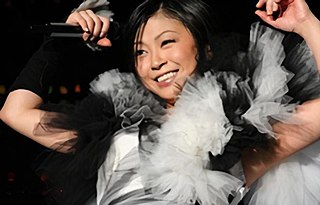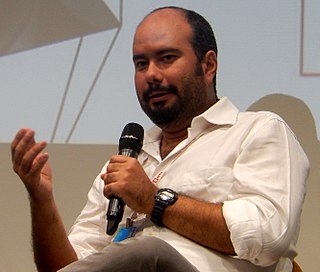A Quote by Paul Goodman
To translate, one must have a style of his own, for the translation will have no rhythm or nuance, which come from the process of artistically thinking through and molding the sentences; they cannot be reconstituted by piecemeal imitation. The problem of translation is to retreat to a simpler tenor of one’s own style and creatively adjust this to one’s author.
Related Quotes
I don't speak any languages well enough to make an expert assessment on writing in translation, but since I'm interested in awkwardness in prose, I find I like the way translated texts can sometimes acquire awkwardness in the process of translation. There's a discordance translation can create which I think is sometimes seen as a weakness but which I think can be a really interesting aspect of the text.
The Plagiarism of orators is the art, or an ingenious and easy mode, which some adroitly employ to change, or disguise, all sorts of speeches of their own composition, or that of other authors, for their pleasure, or their utility; in such a manner that it becomes impossible even for the author himself to recognise his own work, his own genius, and his own style, so skilfully shall the whole be disguised.
All nonfiction writers, whether they like it or not, are translators. The translator is the perfect journalist. The best journalism endeavors to convey an essential idea or story to an audience that knows very little about it, and that requires translation. To do this successfully, the writer must filter the idea through the prism of his eye, and his mind, and his writing style.
We translated the script together with them. And during the process of translation, they rewrote the scripts. They put a lot into it. They made it their own. There are names of plants or chants or certain rites and everything that you cannot come across it in a movie. You know, you cannot learn about them casually. So the film doesn't have value in the ethnographical, anthropological. It's fiction.
So the aim for the press was a mixture of things: to publish under-represented writing, which is an intersection of original language, style, content, and often its author's gender. To publish it properly, in a way that makes it clear that this is art, not anthropology. To spotlight the importance of translation in making cultures less dully homogenous.
Alongside Han Kang, there's only one other author I've chosen to translate so far - Bae Suah. Her work is radical both stylistically and politically, influenced by her own translation practice (she's translated the likes of Kafka, Pessoa, and Sadeq Hedayat into Korean). Her language is simply extraordinary.
Styles tend to not only separate men - because they have their own doctrines and then the doctrine became the gospel truth that you cannot change. But if you do not have a style, if you just say: Well, here I am as a human being, how can I express myself totally and completely? Now, that way you won't create a style, because style is a crystallization . That way, it's a process of continuing growth.


































